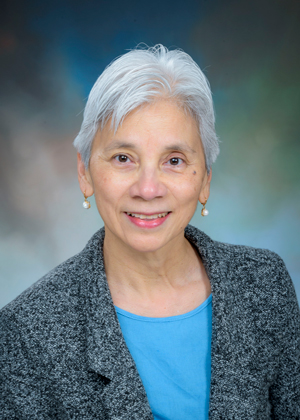Overview

This webinar covered the features of population aging in Mexico: Cohorts with fast-changing socioeconomic conditions in a country with poor public infrastructure for old age support; persistent and deep inequality; and a unique feature of being closely and permanently linked to the United States.
The need to study aging under these circumstances justified the Mexican Health and Aging Study (MHAS), a 20+ year longitudinal study that has evolved and grown with the field of population aging. Dr. Wong discussed evidence-based patterns illustrating research findings in physical and cognitive function, chronic conditions, and social/economic resilience. These themes highlighted the critical roles of life-course experiences such as childhood conditions, U.S. migration, employment, and dependence on the family for old-age support.
Dr. Wong drew conclusions based on the cross-cutting themes among Mexican cohorts and provided an overview of the pressing needs and potential for future research. These threads and patterns should also help inform aging in other low- and middle-income countries.
Biography
Dr. Wong’s research agenda focuses on the social and economic consequences of population aging, particularly in Mexico and among immigrant Hispanics in the United States. Her population-based research has been continuously funded by the National Institute on Aging (NIA) for the last 30+ years.
She serves as the principal investigator of the MHAS, currently funded by NIA and the Statistical Bureau (INEGI) in Mexico. The study follows a national sample of adults in urban and rural Mexico, focusing on Mexico’s unique health dynamics in a broad socioeconomic context. The MHAS is a collaboration among institutions in Mexico and the United States and is highly comparable to the U.S Health and Retirement Study (HRS).
Dr. Wong has edited volumes, published in numerous professional journals, and regularly presents at national and international conferences. She has served on national and global committees, including as a member of the boards of the Population Association of America and the Mexican Society of Demography. She has contributed to the editorial boards of the publications Demography, Journal of Aging and Health, Journal of Gerontology: Social Sciences, and Papeles de Población. She has served as member of scientific committees for the U.S. National Academy of Sciences and the Advisory Council of the National Institute of Child Health and Human Development. In 2024, she was elected as an honorary member of the National Academy of Medicine of Mexico.
Dr. Wong, a Mexican-born scholar, received a Bachelor’s Degree in Actuarial Science from the National University of Mexico, followed by a Master’s Degree in Applied Economics and a Ph.D. in Economics with a concentration in Population Economics from the University of Michigan.
Norman B. Anderson Memorial Lecture
This Director’s Webinar is a Norman B. Anderson Memorial Lecture. Norman B. Anderson, Ph.D., the first Director of OBSSR, was a pioneering figure in behavioral and social sciences research.
Dr. Anderson was a distinguished clinical psychologist, and he started his career as an assistant professor in the Department of Psychiatry at Duke University Medical Center. His research focused on the intersection of health and behavior, with a particular emphasis on addressing racial, ethnic, and socioeconomic health disparities.
In recognition of Dr. Anderson’s profound impact on behavioral and social sciences research, OBSSR hosts a lecture each year to honor his legacy.








